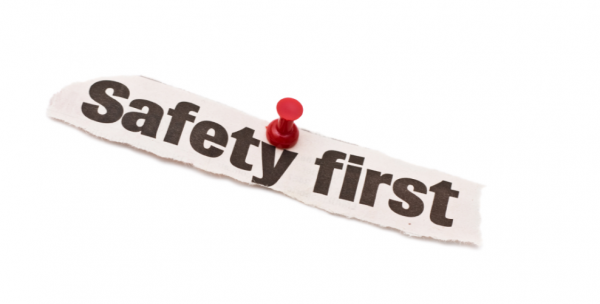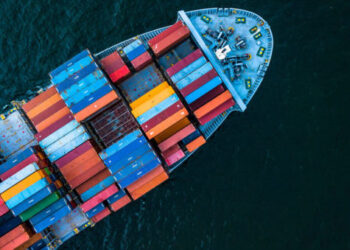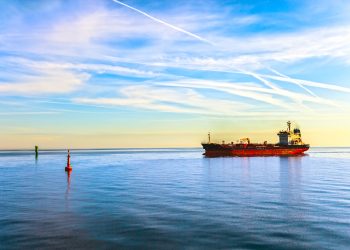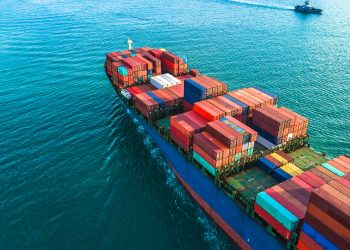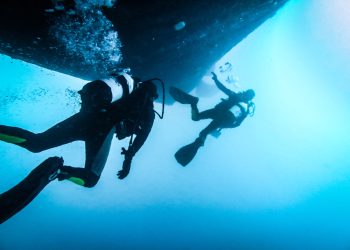The term “safety maturity” is used by organizations to assess their performance and their capability to maintain an enhanced safety management status. Safety maturity shows the level at which any organization can manage its actions and manipulate its internal procedures, resulting in a better safety performance promoting what is called: safety culture. Shipping organizations are trying to achieve a safety culture in order to ensure that their activities will not harm human life nor the environment. As a result, organizations that operate marine activities adopt the idea of maturity and apply it to safety.
Read in the series
- Safety Management: Why SMS are important
- Safety Management: How can shipping companies become High Reliability Organizations?
- Safety Management: Safety Culture vs Safety Climate – What’s the difference?
- Safety Management: Measuring Maturity
- Safety Management: Why Quality is important among shipping organizations
- Safety Management: Why audits are important
- Safety Management: Learning about Safety Surveys
- Safety Management: Evaluating a Crew Resource Management training
- Safety Management: How post-incident reviews can be a useful tool
- Safety Management: How to define and measure KPIs effectively
Maturity is measured in levels that indicate how capable -and thus mature- an organization is. Maturity levels in shipping are depicted in maturity models that describe companies’ attitudes regarding safety and behaviors at each increasing level. During the assessment procedure, organizations are able to understand their maturity level by the time they define their own attitudes and behaviors towards safety issues, and afterwards they will proceed accordingly in order to improve their performance. Safety maturity refers to the maturity of companies’ human resources related to safety and there has nothing to do with technical issues.
Organizations use several maturity models, however two of them, the one developed by the Keil Center and the other by Hudson, are often used. Other models such as DuPont’s Bradley Curve or the UK’s Maritime and coastguard Agency (the Human Element Assessment Tool – HEAT) are also used by shipping organizations as a method measuring their safety performance.
[adrotate banner="272"]
The Hudson Model
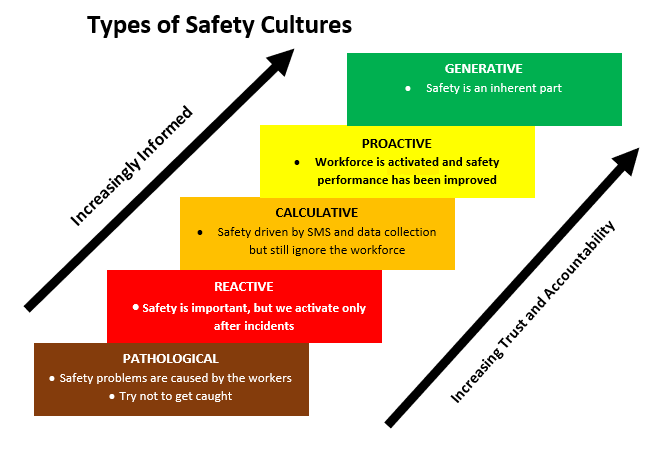
The Fleming – Keil Centre Model
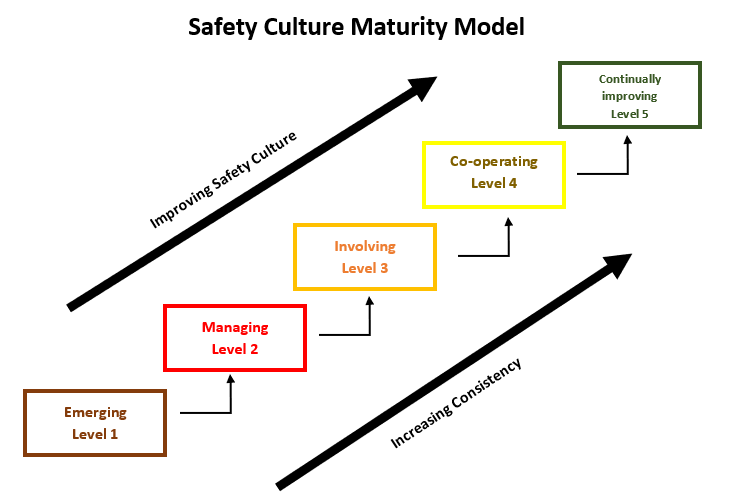
- Level One – Emerging: Focus on technical solutions but safety is not perceived as the major business risk. Safety concerns only the Safety department, while staff is not familiarized with safety issues.
- Level Two – Managing: The organization understands that unsafe decisions lead to accidents and focus on the prevention of serious accidents to be occurred. Mistakes are punished but accidents do not decrease.
- Level Three – Involving: Involvement of employees for safety improvement and the accident rate is lower. Emphasize on personal responsibility and monitoring of safety performance.
- Level Four – Cooperating: All staff understands the importance of safety and everyone is engaged to promote safety. Organization tries to prevent accidents with proactive measures.
- Level Five – Continually Improving: Not essential accidents are occurred as safety is a major value of the organization which continually monitors its performance while the staff understands that health and safety is a critical aspect of well-being.
Overall, safety plays a major role in the overall performance of every organization. The aforesaid maturity models may help organizations to improve their safety performance by understanding where they stand and what efforts should be done in order to achieve a decrease in the rate of accidents. However, some critics approach the procedure more skeptical, questioning either this tool is effective or is just a management fad. In this regard, shipping organizations, seeking to improve every process and applying a continuous improvement mindset, are challenged to find the appropriate business tools that could help them enhance their safety performance.































